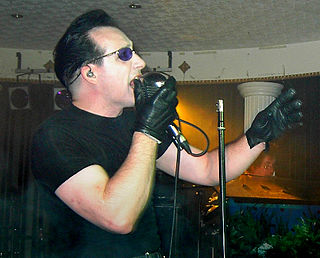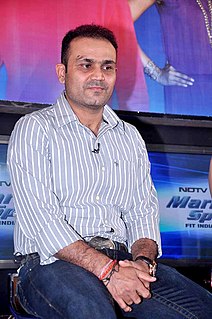A Quote by Graham Parker
Mostly I've never let record companies become involved with my music, which was a very smart thing that my first manager Dave Robinson did, to keep them out of it.
Related Quotes
If you have good songs and a real desire to make music, the next thing to do, instead of approach record companies, is to get yourself a really good manager because then it allows you to focus on your profession of being a musician. Then they can focus on the darker art of the record label and the music industry.
Unfortunately, you don't get artist development anymore. Record companies have become a huge corporate thing. It used to be you'd meet someone [in the business] and they'd have a little history of music. Some people in the companies now don't even like music. It's just a job. So I miss the days when someone would go out on a limb and pick a band that was different. I just don't see that anymore. It's the same with the film industry.
When it all started, record companies - and there were many of them, and this was a good thing - were run by people who loved records, people like Ahmet Ertegun, who ran Atlantic Records, who were record collectors. They got in it because they loved music... Now, record companies are run by lawyers and accountants.
Baseball is a simple game. If you have good players, and you keep them in the right frame of mind, the manager is a success. The players make the manager. It's never the other way. Managing is not running, hitting, or stealing. Managing is getting your players to put out one hundred percent year after year. A player does not have to like a manager and he does not have to respect a manager. All he has to do is obey the rules. Talent is one thing. Being able to go from spring to October is another. You just got caught in a position where you have no position.
One thing that did get me into a lot of different types of music was when I was very young, the local record store went out of business and they were selling off all the vinyl. I remember going in - I was probably 16 or 17 and I'd just gotten a record player as a present. It was like hitting the jackpot: all these records for $3 apiece.
How did I get into the world? Why was I not asked about it and why was I not informed of the rules and regulations but just thrust into the ranks as if I had been bought by a peddling shanghaier of human beings? How did I get involved in this big enterprise called actuality? Why should I be involved? Isn't it a matter of choice? And if I am compelled to be involved, where is the manager—I have something to say about this. Is there no manager? To whom shall I make my complaint?




































